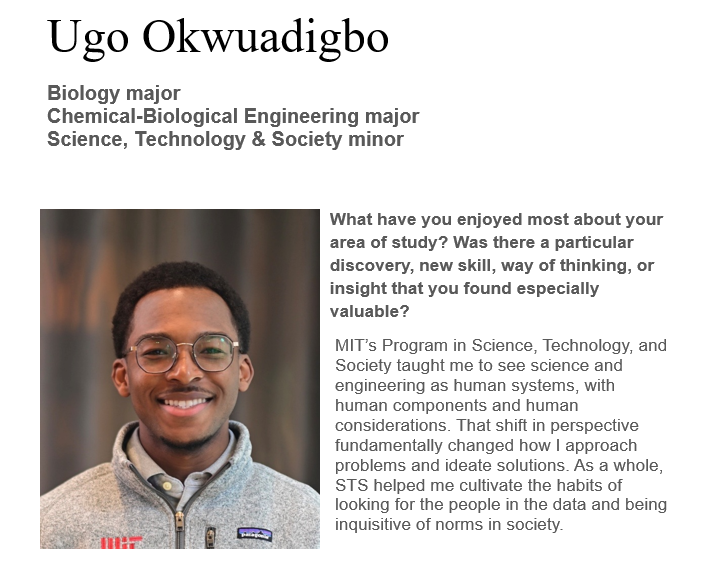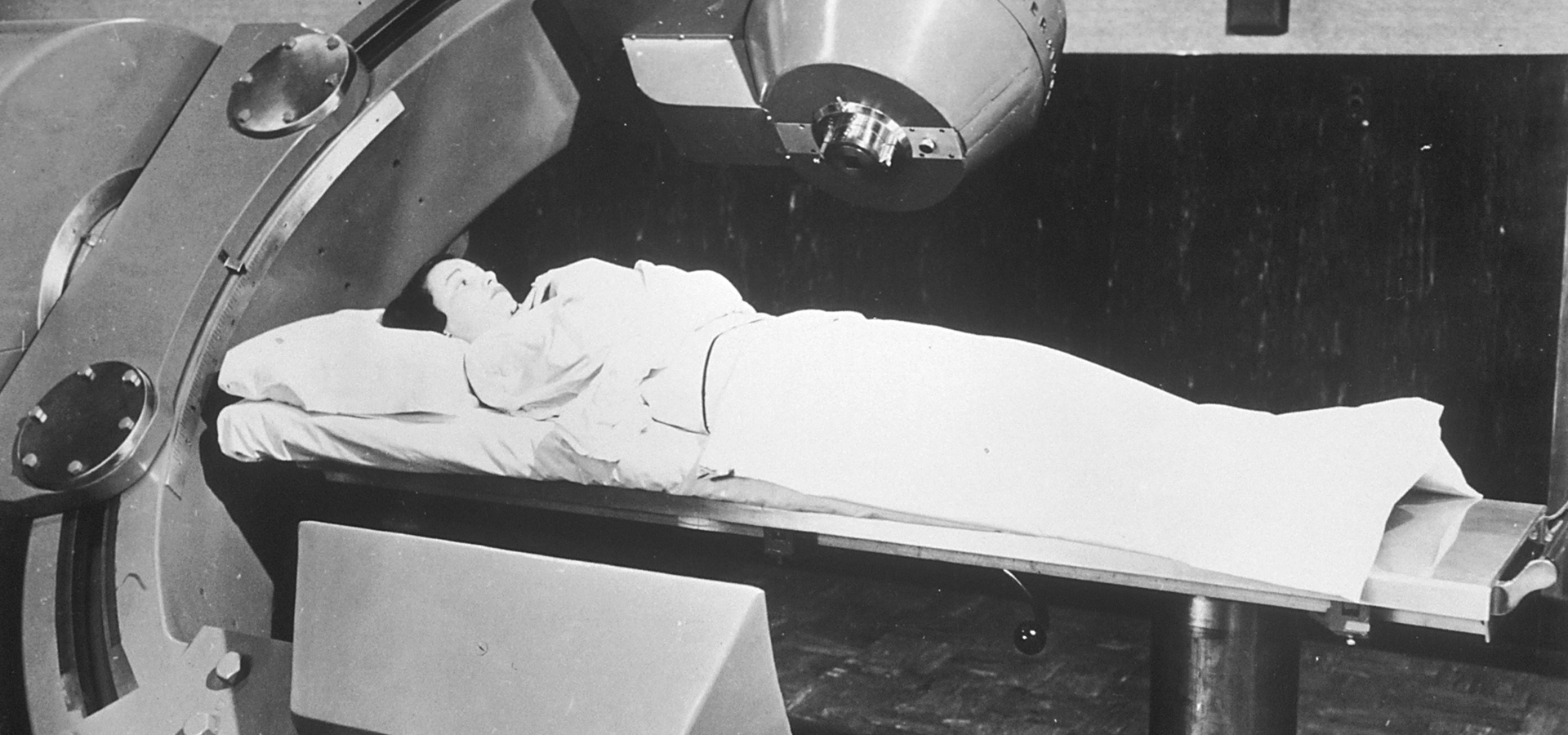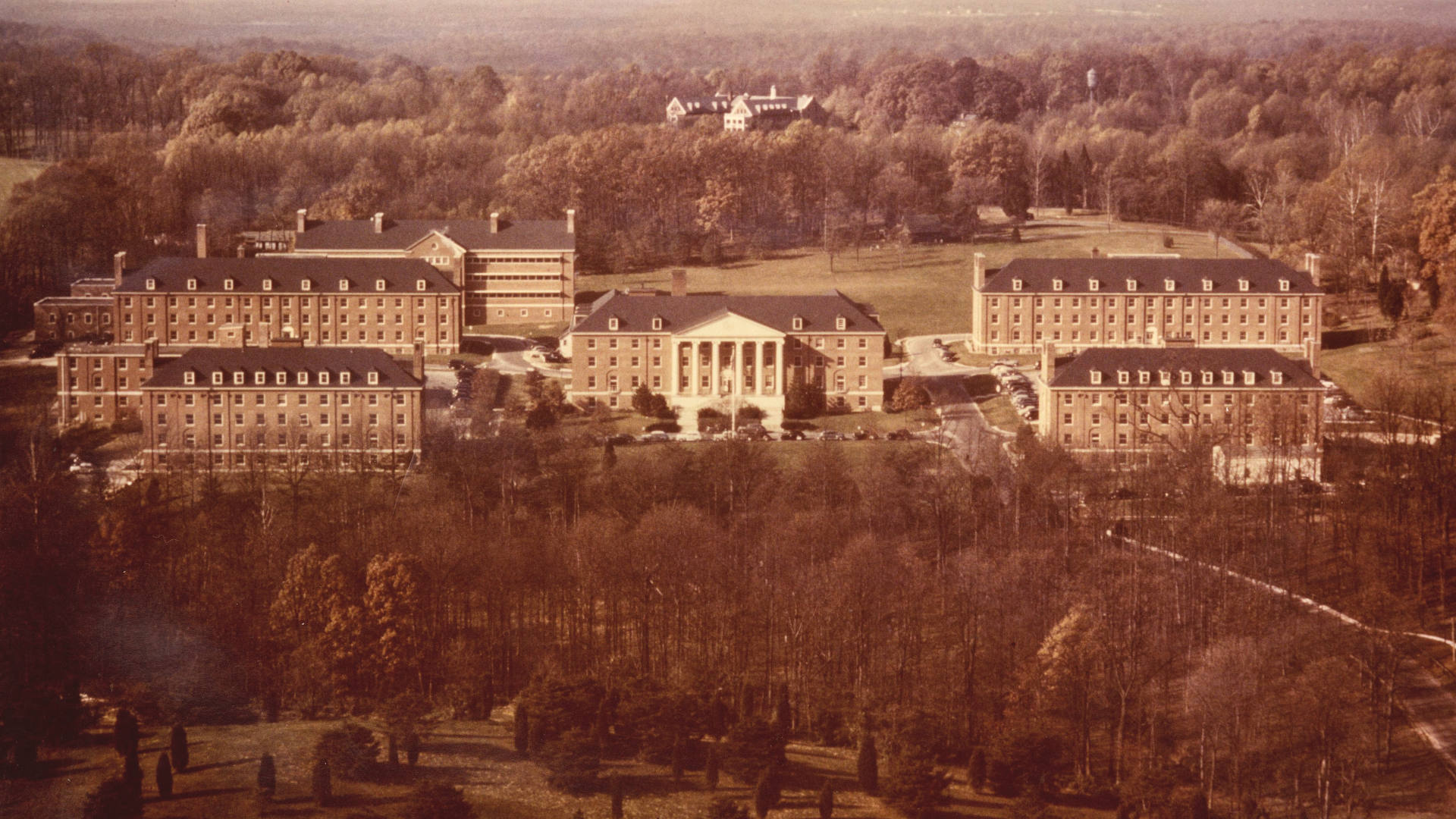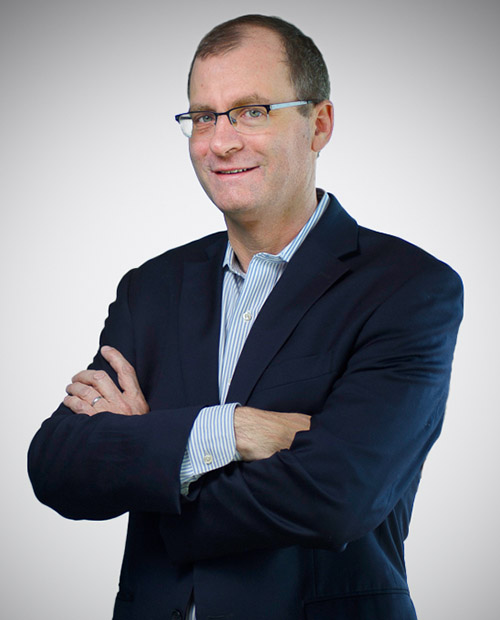The community of scholars at MIT’s Program in Science, Technology and Society bring methods from the humanities and social sciences to understanding science, technology, and medicine around the world. Our department includes lively undergraduate and graduate programs, and postgraduate training for science and technology journalists.
By bridging humanities, social sciences, science, technology, and medicine, our department seeks to build relationships among colleagues across the Institute in a shared effort to understand the human challenges at the core of the MIT mission.
Arthur Miller Lecture on Science and Ethics
Morison Prize and Lecture in Science, Technology, and Society
STS EVENTS
2025-26 Morison Prize and Lecture with Catherine Coleman Flowers
April 13 @ 4:00 pm – 5:30 pm

Join us on Monday, April 13, 2026, at 4 pm in the Nexus, Hayden Library, for a talk led by Catherine Coleman Flowers, an environmental and climate justice activist bringing attention to the largely invisible problem of inadequate waste and water sanitation infrastructure in rural communities in the United States.
Science and Technology: A Collaboration for Justice
This lecture will explore how partnering science and technology with community engagement can mitigate environmental harms. Using storytelling and citing the space program as an example, one will be challenged to expand the definition of profit to also include community wellbeing.
About Catherine Coleman Flowers
As the founding director of the Center for Rural Enterprise and Environmental Justice(formerly the Alabama Center for Rural Enterprise), Flowers builds partnerships–from close neighbors, to local elected officials and regional nonprofits, to federal lawmakers and global organizations–in order to identify and implement solutions to the intersecting challenges of water and sanitation infrastructure, public health, and economic development.
Flowers spearheaded a collaboration with tropical disease researchers focused on intestinal parasitic infections spread by way of insufficient water treatment and waste sanitation. The researchers found that hookworm–long thought to have been eliminated from the South–is in fact prevalent among the residents of Lowndes County, prompting the U.S. Centers for Disease Control to undertake a similar, larger study across the rural American South. Flowers’s testimony to the U.S. Congress led to the introduction of legislation in 2019 to address neglected diseases of poverty in the United States.
Flowers is broadening the scope of environmental justice to include issues specific to disenfranchised rural communities and galvanizing policy and research to redress failing infrastructure that perpetuates socioeconomic disparities in rural areas across the United States.
In addition to leading the Center for Rural Enterprise and Environmental Justice, Flowers sits on the Board of Directors for the Climate Reality Project, the Natural Resources Defense Council, the Center for Constitutional Rights, and the American Geophysical Union, as well as serving as a Practitioner in Residence position at the Nicholas School of the Environment at Duke University. In 2021, her leadership and fervor in fighting for solutions to these issues led her to one of her most notable appointments yet — Vice Chair of the Biden Administration’s inaugural White House Environmental Justice Advisory Council. Previously, Flowers has worked as a high school teacher in Detroit, Michigan, and Washington, D.C. She has published articles in Anglican Theological Review, Columbia Human Rights Law Review, and American Society of Tropical Medicine and Hygiene, among others, and her first book, Waste: One Woman’s Fight Against America’s Dirty Secret, came out in November 2020. Flowers was awarded a MacArthur Fellowship–commonly referred to as the “Genius Grant” –in 2020.

To Attend the Lecture:
Please fill out this RSVP form if you plan to attend in-person, as space is limited. To access the lecture virtually, please use this zoom link: https://mit.zoom.us/j/94664936448
This talk is free to the MIT community and open to the public. See the attached flyer for more details, we hope to see you there!
STS in the News

STS In The News
Faculty & Student Mentions, News
Professor Robin Scheffler’s Course Featured in MIT News – Bridging Science and Society in the Emerging Bioeconomy
Feb 24, 2026
Undark Magazine
Truth, Beauty, Science.
Do America’s Top Health Research Officials Stick Around Too Long?
March 4, 2026, 8:05 am / by Sara Talpos and Michael Schulson
Few U.S. Doctors Have Seen Measles in Person. That’s a Problem.
March 3, 2026, 8:09 am / by Andrew Jones
STS Spotlight – Testimonials from STS Majors and Minors


Breaking News
Undark is a non-profit, editorially independent digital magazine exploring the intersection of science and society. It is published through the Knight Science Journalism Fellowship Program at MIT.

Faculty Spotlight: David A. Mindell
David A. Mindell, PhD, is Professor of Aeronautics and Astronautics, and Dibner Professor of the History of Engineering and Manufacturing at the Massachusetts Institute of Technology. David has spent twenty-five years researching the myriad relationships between people and machines. He served as an MIT department head for five years, and has led or contributed to more than 25 oceanographic expeditions.








